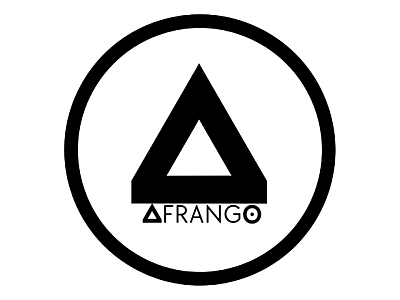Sustainable energy solutions for Africa reimagined
Posted by Breggie Hoffman on 14 June 2022, 15:25 SAST

When looking at the African continent where over 600 million people don’t have access to electricity, one often thinks that you need big thinking to change the trajectory of energy transformation… but what if it is all about sweating the small stuff?
any African countries find themselves serviced by – and ultimately dependent on – single, large power utilities which include power generation, transmission and distribution. South Africa is a perfect case in point where its structural dependence on Eskom is for all intents and purposes now holding the economic fortunes of the country to ransom.
This despite South Africa having one of the most successful Independent Power Producer (IPP) programs in emerging markets today and being lauded for the work it has done in growing its renewable energy sector. For context, the Western Cape alone produces nearly 300% more solar energy than Germany – an unquestionable success story.
Despite this, legacy infrastructure in South Africa is centered around coal-fired power plants which still make up 91% of all power generated in the country via a handful of key power-stations – many of which are more than 40 years old. These plants in turn are feeding into old transmission and distribution networks which results in large-scale losses which the economy can ill-afford.
This leaves the country susceptible to aging equipment and distribution networks and even straight-out sabotage as evidenced in recent months. If the most advanced in Africa is being hamstrung by these challenges, it highlights the broader issues for the rest of Africa.
If one considers that economic activity on the continent is expected to quadruple by 2040 but access to electricity is expected to only improve by 50% over the same period, it is clear we have a very real challenge on our hands.
While we are looking toward transformative projects to drive electrification, we need to combine big and small thinking when it comes to this process.
Big Solutions, Small Short-Term impact
With an investment banking hat on, there is no question that the continent should be excited by the pronouncements out of the recent United Nations Climate Change Conference (COP26) – these are very significant figures being bandied around and could lead to a major shift in the energy make-up of Africa.
Similarly we love the financial innovation that comes with instruments such as “Green” and “Sustainability” bonds which have become topical in recent years.
While these solutions will provide capital in the long-run, there is an underlying sense of “Green-Washing” taking place and it doesn’t matter how many billions are being committed to your country by 2030, if you can’t switch on the power and run your business today, it is hard to get behind the solution.
Small Solutions, Big Short-Term Impact
Many African governments still favour centralized planning models when it comes to key infrastructure such as energy. If one considers that on average it takes between 8 and 10 years to bring a large-scale industrial project online in Africa, the shift from talk to action is slow, particularly in situations where the government wants to be prescriptive around both the policy and the implementation of the projects.
The continent simply cannot wait another decade to meet electrification goals.
Rather a focus on shorter-term tactical solutions such as smart-metering solutions and accommodative policy, may ultimately deliver better results.
In June 2021, South African President Cyril Ramaphosa announced that businesses could now generate up to 100MW of power without having to secure a license from the government. This policy shift allowed the private sector to green-light investments which would allow them to keep their business operations running and free up capacity on the grid.
Each time one of these smaller projects are brought online, it removes strain from the centralised grid and ensures that businesses can continue to generate tax revenue for the government which in turn can re-invest in longer-dated projects.
Smart-metering is another topic which is receiving a lot of attention at the moment and is something which can be rolled out without major government policy intervention. The problem this solves is that many centralised energy models where a single party is responsible for generation, transmission and distribution is that it is hard to make informed decisions around supply and demand.
While it is still strategically fragmented, the rollout of smart-metering solutions has the potential to optimise under pressure power grids. This will not only improve the understanding of the demand-side of the equation but also assist countries with revenue collection models – again broadening the tax base while bringing electrification projects online.
Purposeful steps translate into progress
There Is no question that the African energy sector represents one of the most attractive and transformative investment opportunities in the world right now. Whether it is gas deposits in Angola or Mozambique or Helium in the Free State, the potential is massive.
By making use of these natural resources we can improve access to electricity, create jobs and drive economic growth on multiple fronts.
The trick is ensuring that we don’t become paralysed by seeking out big-ticket solutions and ignore the short-term wins that help to build momentum. DM/OBP
Source: Daily Maverick
Republish our articles for free, online or in print, under a Creative Commons license.

 .
.